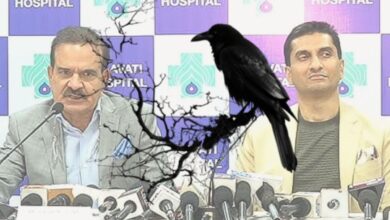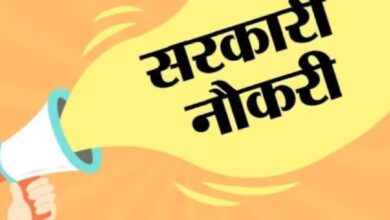Tata’s AI Bid; It might be an overestimation, says Deepak Talwar

New Delhi: The $100 billion Tata group may be biting off more than it can chew while bidding for the beleaguered, cash-strapped Air India, a top market analyst has said.
Seasoned aviation expert Deepak Talwar said that the Tata’s are underestimating what it will take and overestimating their ability to turn around Air India.
“The group must understand that Air India will need to be completely recapitalised. And then the airline will need a largely new fleet, and every aspect of the business and culture will have to undergo a transformational overhaul,” said Talwar.
He said that both AirAsia India and Vistara are being run by their respective junior aviation partners, AirAsia and Singapore Airlines. And now acquiring Air India means a 100 percent stake in Air India, including ownership of Air India Express Limited, a profitable international low-cost airline subsidiary, and 50% ownership of Air India SATS Airport Services Private Limited.
“It is a herculean exercise. Air India has several assets such as slots, bilateral rights, brand name, some relatively young aircraft, airports and maintenance facilities, and a skilled workforce. But to get a loss-making airline into shape would not be an easy task,” said Talwar.
Earlier this year, it was reported that potential bidders for AI would have to take on ₹23,286 crores worth of debt (much less than the airline’s overall debt overhang of over ₹62,000 crores).
But now, the government is allowing bidders to determine themselves how much of the airline’s debt they would like to take on—by accepting bids on the basis of the airline’s enterprise value (equity + debt).
Talwar said that the offer does not look easy. “When debt is linked to asset value, all asset value and contracts are suspect. The successful bidder will also have to be given the right to retain employees whom they want. “For the rest, the government has to give VRS (voluntary retirement scheme),” said Deepak Talwar.
He also said that the kind of transformational turnaround that is required for AI is not easy nor is it cheap. “They will need visible and inspirational leadership, as opposed to faceless bureaucrats and technocrats unable to inspire, motivate, and drive culture change,” he added.
Talwar said that it is also not clear if the Tatas would operate three separate airline entities or merge two or all of them.
He said that all domestic operations of the merged entity should operate on the lines of a budget airline, while international operations could be run on a full-service model—offering business class seats, and other passenger comforts, and perks. “Domestic [operations] could be run like IndiGo or Spice and International like Singapore Airlines,” said Deepak Talwar.
Air India is the country’s third-largest airline with a domestic market share of about 9.5 percent. On the international front, it is the largest transporter of passengers to and from the country.




